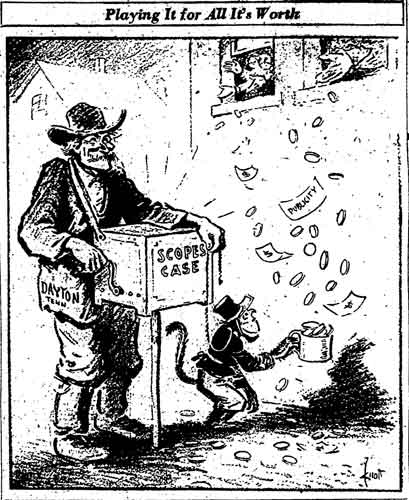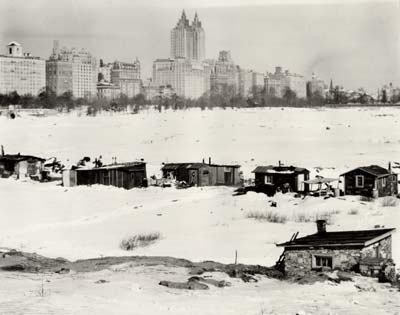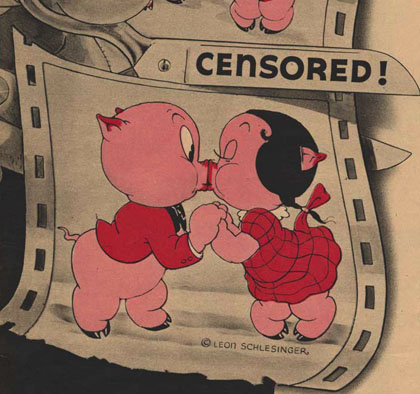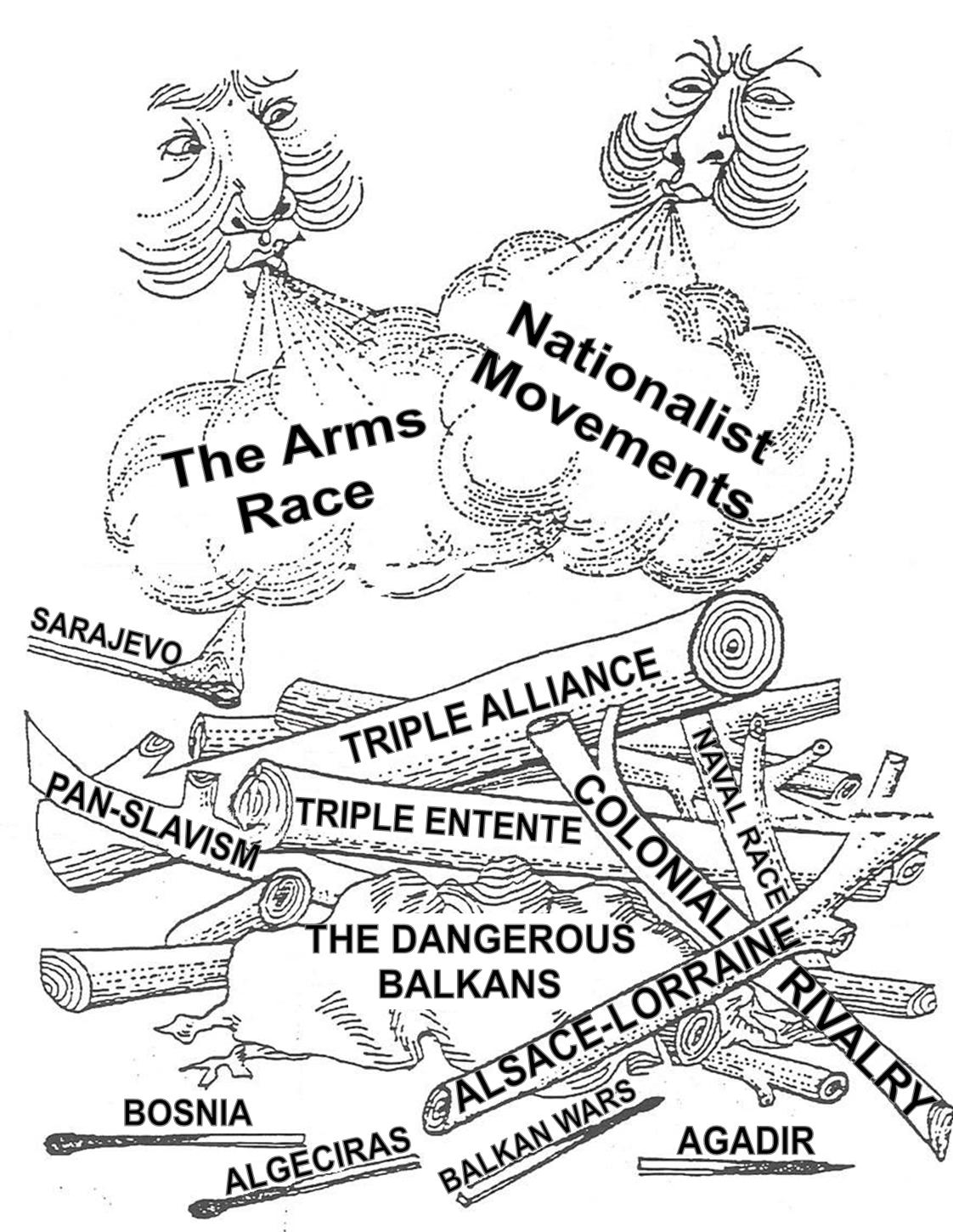
Warren G. Harding was the 29th President of the United States (1921-1923). A Republican from Ohio, Harding was an influential self-made newspaper publisher. His conservativism, affable manner, and ‘make no enemies’ campaign strategy made Harding the compromise choice at the 1920 Republican National Convention.
After Harding won an election, he rewarded friends and political contributors, referred to as the Ohio Gang, with financially powerful positions. Scandals and corruption eventually pervaded his administration.
Polls of historians and scholars have consistently ranked Harding as one of the worst Presidents. His presidency has been recently evaluated in terms of presidential record and accomplishments in addition to the administration scandals. The most recent Presidential rankings have had various low results for President Harding.
[kml_flashembed movie="http://www.youtube.com/v/r7p7C6nTNog" width="425" height="350" wmode="transparent" /]
Teapot Dome Scandal
This video clip is produced by Gary Leevnthal in 2009. The 29th President of United States Warren G. Harding and Albert Fall are depicted in the video, as they involved in the Teapot Dome Scandal.
The most notorious scandal was the Teapot Dome affair. The affair took its name from Teapot Dome, a rock formation in Wyoming that looked like a teapot and, more importantly, stood atop a large government naval oil reserve. Teapot Dome is a simple case of bribery. Secretary of the Interior Albert Fall, a former senator from New Mexico and a friend of Harding’s, was convicted of taking bribes from oil executives. Oilman Harry Sinclair obtained leases to drill for oil at Teapot Dome, Wyoming, and Edward Doheny acquired leases for reserves at Elk Hills, California. Fall received in the neighborhood of $400,000 in cash and gifts from Doheny and Sinclair. Like the details of the various Enron accounting maneuvers, the details of the oil leasing were complicated. For the public it was reduced to Fall granting favors to friends who had given him a great deal of money.
















 The picture on the left indicates variety causes of WWI. Arms Force plays a important role in WWI. Since the alliances was formed after 1871, it led to an armaments race among the powers. The tension was being serious between when Germany passed Navy Laws in 1900.
The picture on the left indicates variety causes of WWI. Arms Force plays a important role in WWI. Since the alliances was formed after 1871, it led to an armaments race among the powers. The tension was being serious between when Germany passed Navy Laws in 1900. 


